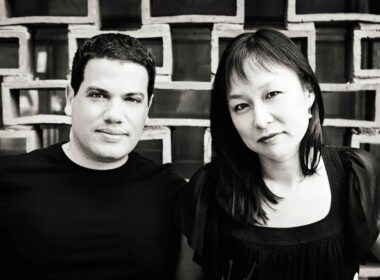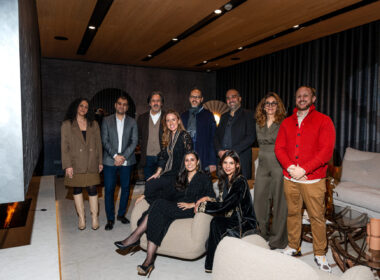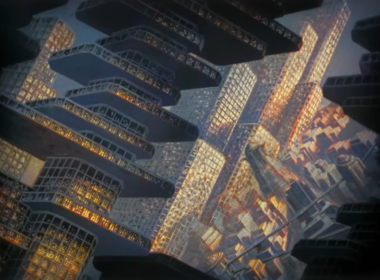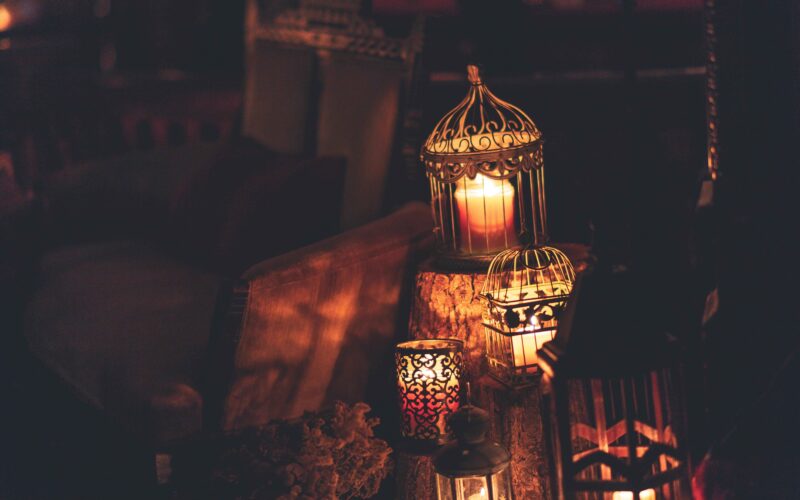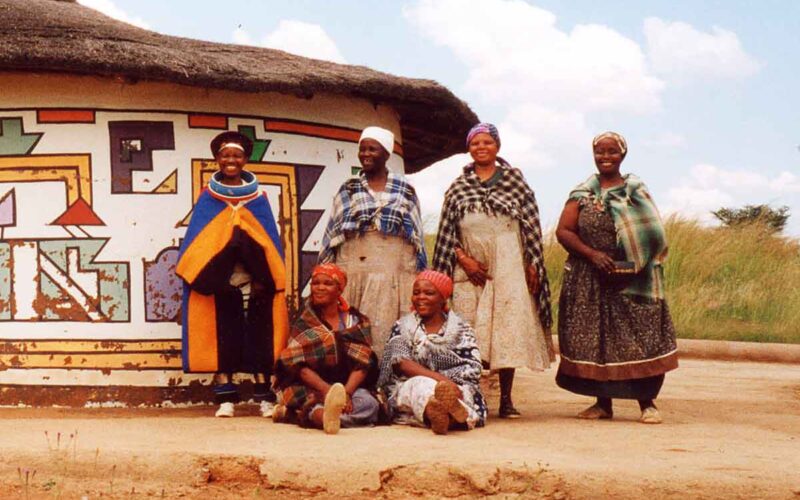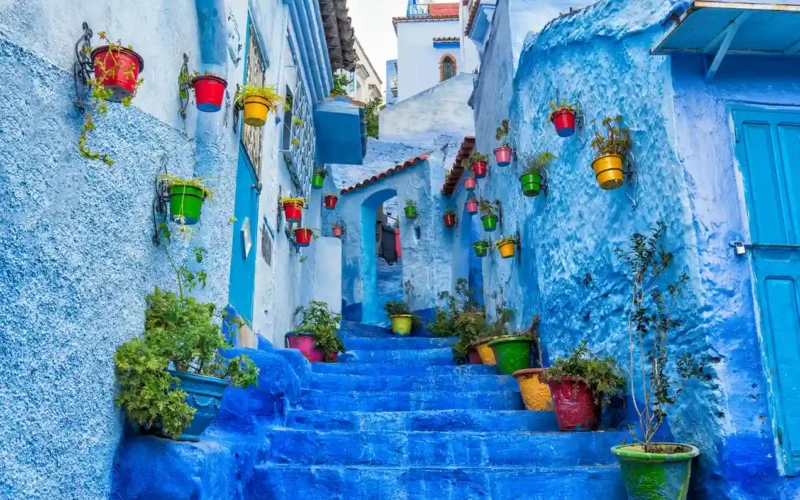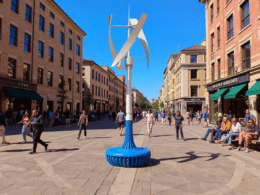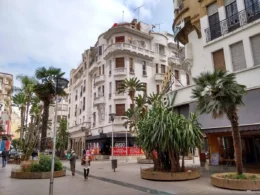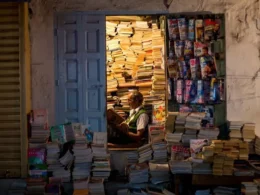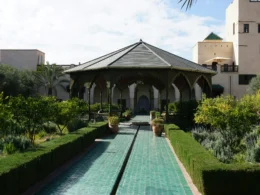Ramadan is a holy month for all Muslims. It’s the month of fasting, donating, praying and family visits. The fasting period is from dawn to dusk.
In Morocco, Ramadan has a special charm because of the daily rituals that are printed in the Moroccan identity.
Here we will take you on a journey to feel the atmosphere:
Table of Contents
The night of doubt
It is the night before the 1st day of Ramadan when people await for the announcement of the holly month’s start by The Ministry of Islamic Affairs.
It is called the night of doubt because of the doubt about the moon’s appearance, whether it is a complete “Hilal” ( crescent ) or not because the crescent shape is the sign of the month’s start.
The Ramadan special “Jellabas”
In Ramadan, women are supposed to wear modest clothes that’s why Moroccan women make new jellabas for going to work, shopping, family visits and Tarawih prayers in mosques. Nowadays, women buy “Abbayas” as well to change the style.
The calm mornings
Working people leave to work, and the non-working people are in their homes resting; that’s why you might be surprised by the calmness of the streets on Ramadan mornings since all coffees are closed, and all markets are still shut.
Fewer work hours
In Morocco, all offices, schools and factories shorten their work period since the workers are fasting. The work hours go from 8 or 9 hours(8 AM-12 AM and 2 PM-6 PM) to 7 hours mostly from 8 AM to 3 PM.
The afternoon “Swika” visits
One of the busiest places in Ramadan is the souks where you can find all kinds of food, from fresh veggies, fruits and proteins to delicious traditional sweets, hot breads and Bastila dough sheets.
In Ramadan, people tend to buy more than they need for two reasons: to help the sellers as a “Sadaka”(a good did) or because of their hunger, so their stomachs are ready for all types of food.
Swika (souk) is also a place where people can find poor people and help them buy food or clothes, and where they can spread love!
The Ramadan football leagues
It’s a special event that all boys await in Ramadan. It is a football tournament organised by the boys of each neighbourhood; usually played in the evenings right before the Iftar so it can considered as a sports session before eating!
The busy kitchens
While the boys are playing football or doing extra shopping for the family, women and girls spend hours and hours inside the kitchen, cooking different types of food. The rhythm of the work starts getting higher when the Iftar (fast-breaking) time is closer and the kitchens get busier since everyone tries to help even little kids.
The daily donations
Ramadan is a month dedicated to God’s worshipping, so Muslims tend to respect all the pillars of Islam daily such as praying, fasting of course and doing charity in souks, as mentioned before, or next to the mosques or anywhere else!
The family gatherings
One of the best traditions of Ramadan is the family gatherings. Since Ramadan is a month of worshipping and good food, it is really important to share this food with the ones you love and to go to pray with them.
The cannon bombing
The cannon bombing is a really old Ramadan tradition in Morocco. It is a sign of iftar time and a celebration at the same time because we were able to fast another day of Ramadan. And it is always followed by the Addans (prayer calls) from the different mosques!
The special food
There are special foods that are mostly eaten on Iftar in Morocco such as “Harira” soup, “Shabakiya” sweets, dates and “Briwat” triangular-filled dough sheets that can be both sweet and salty.
And of course, the mint tea is a must!
The “Tarawih” prayers
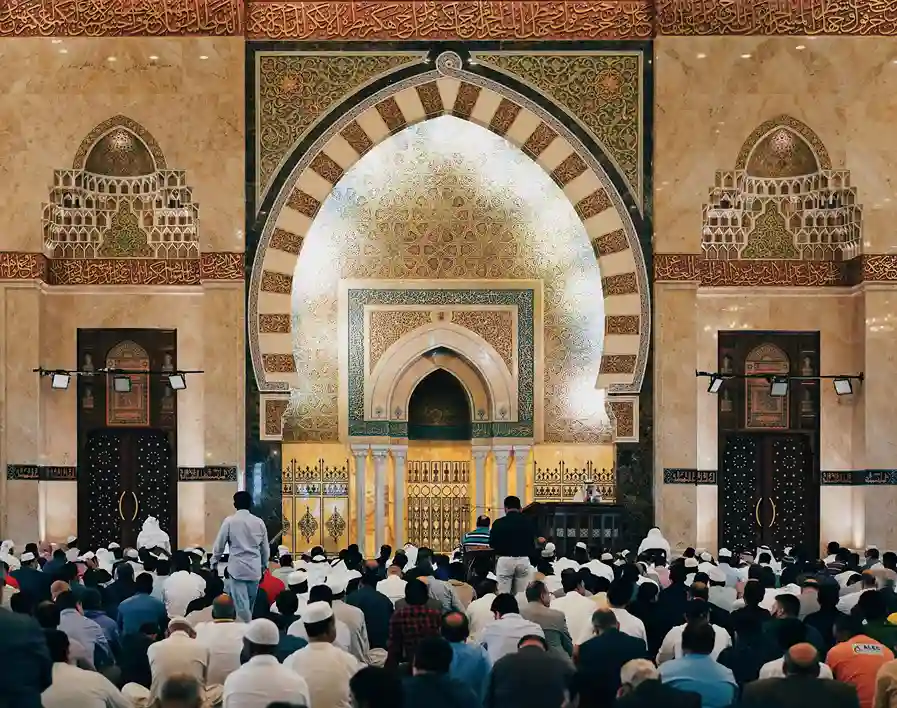
During this month, and directly after the Ishaa prayers, Muslims pray “Tarawih” which can take from 45 minutes to one hour. People prefer to pray it in the Mosque that’s why you can see hundreds or thousands of people praying all together inside and outside of mosques on the streets, because of the huge number of praying people! It’s a fascinating view that shows unity and spirituality.
Ramadan TV programs
Yes! In the Arab and Muslim countries, special Ramadan TV programs exist!
Since the families gather for Iftar they tend to watch TV while eating so it’s a great opportunity for the broadcasts to get sponsorships from the brands that want to get more known and to get more money they need more viewers, that’s why each broadcast fight to get more views by the varieties of shows that it presents from the comedies, to the dramas, to the competitions…
The late family talks (sweets and Sellou)
After the Tarawih prayer and the long cleaning process, people try to have fun with their family members or neighbours so they drink tea and eat Sellou (a healthy Ramadan sweet made with nuts and seeds) while talking about everything you can imagine from the memories to the actualities.
The “Neffar” & “Suhour”
Suhour is the last meal eaten before we start fasting again during the day and it’s directly before the fajr prayer calls. Neffar is a man who plays a long yellow copper trumpet or “Nafir” instrument. He plays it to wake the population up for the Suhour meal.
The night of “Al Qadr” :
In Arabic its Laylat al Qadr, which is the night on which God first revealed the Quran (the Islamic holy book) to the Prophet Muhammad, peace be upon him, through the angel Gabriel (Jibril). It is believed to have taken place on one of the final 10 nights of Ramadan in 610 CE, though the exact night is unclear. Moroccans believe that it’s the night right before the 27th of Ramadan, that’s why they let the kids fast as an experience since they normally don’t fast till puberty. Families also tend to celebrate the kids who fasted the day 26 by putting Henna on their hands and taking photos in traditional clothes for them. Sometimes, they also make them sit on “Amariya” so can be held on shoulders as princes and princesses.
The “Fitr” donation
This donation is a must and it has to be given by every Muslim. Sometimes the head of the family gives it on behalf of other family members. On each person, you have to give an amount of money that can feed a poor person as a minimum, and it has to be given before Aid Al Fitr (the celebration of fast-breaking) on the first day after Ramadan month, so the poor people can also buy food and maybe clothes for the celebration.
Aid preparations
The first thing to think about when hearing Aid preparations is the Fitr charity, the long night of sweets baking and the new clothes! Families, especially women, take their kids to buy the celebration clothes on the evenings of the last few days of Ramadan; old ones buy new clothes as well and after the Ishaa prayers the food preparations start. From the “Kaab laghzal” to “Ghriyba”, Moroccan women prepare a variety of sweets to eat on the first breakfast after Ramadan and also to welcome the guests that come to visit on Aid day. And sometimes, the women call the Henna artists to decorate their hands for the day of joy!


